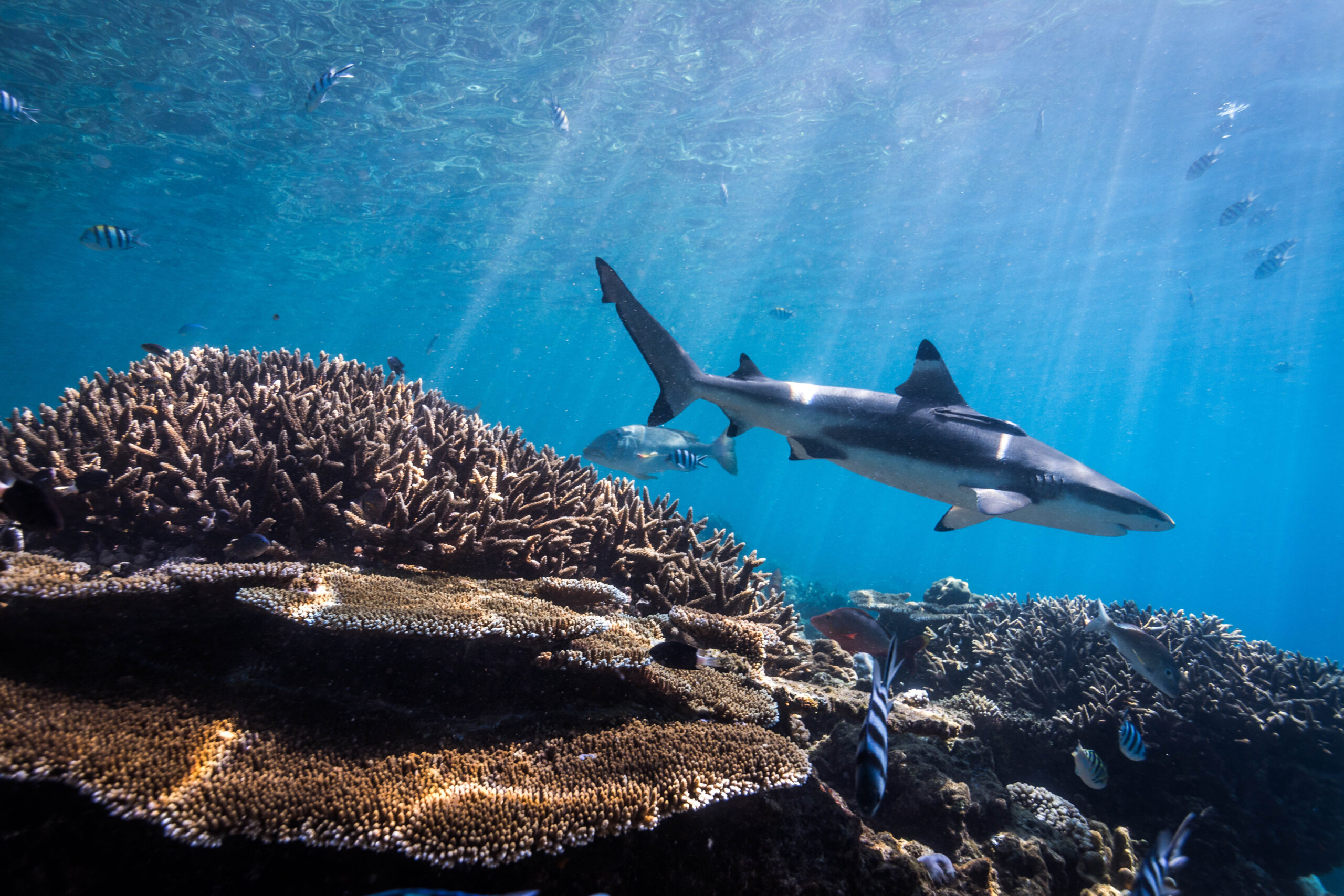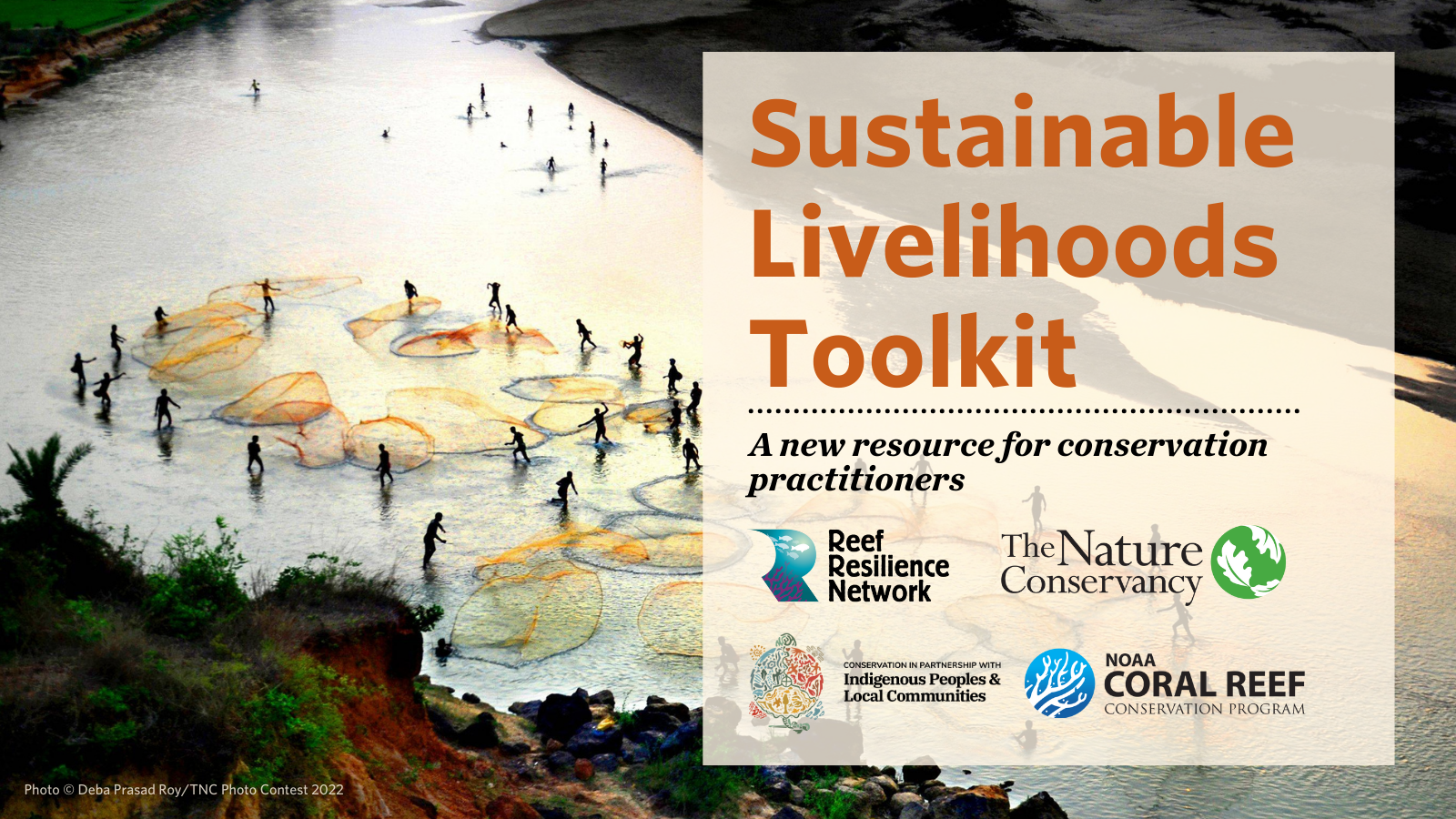The article reviews whether current knowledge of coral reef resilience, as it has historically been researched specifically in the Caribbean region, is transferrable to Indo-Pacific coral reefs. The authors hypothesize that the Caribbean may be predisposed to low resilience, with faster rates of macroalgal growth, higher rates of algal recruitment, basin-wide iron-enrichment of algal growth from aeolian dust, a lack of acroporid corals, lower herbivore biomass and missing groups of herbivores.
This article provides evidence that these two regions differ in their ecological resilience; despite increasing coral-bleaching events and decreasing average health of Indo-Pacific reefs, many reefs continue to show trajectories of recovery while Caribbean reefs do not. The authors demonstrate with six hypotheses (broken into three categories of biodiversity, bottom-up forcing and top-down forcing) that Indo-Pacific reefs are likely to have greater resilience than those of the Caribbean.
Author: Roff, G. and P.J. Mumby
Year: 2012
View Abstract
Email for the full article: resilience@tnc.org
Trends in Ecology and Evolution 408: 3-10. doi.org/10.1016/j.tree.2012.04.007


